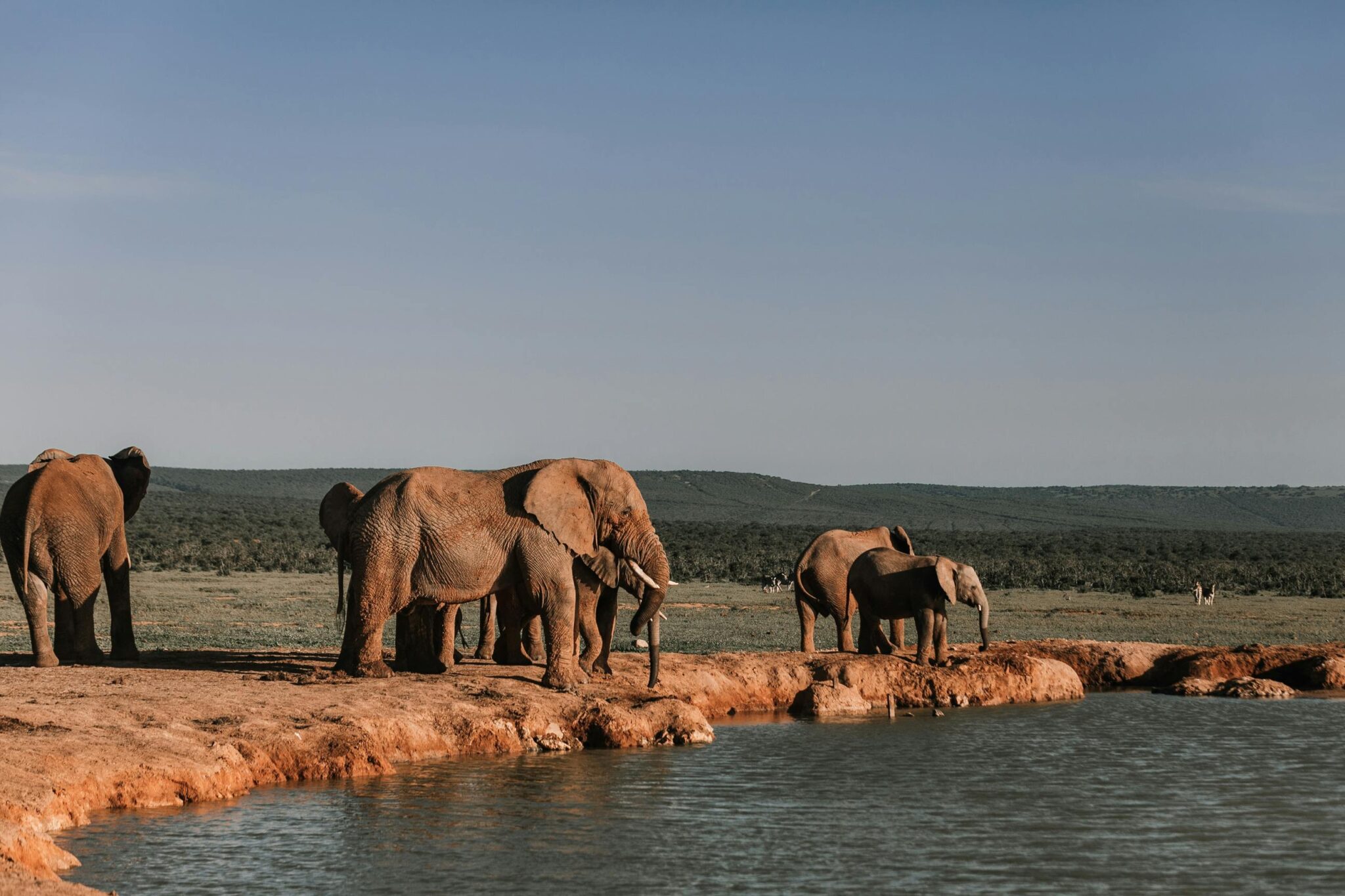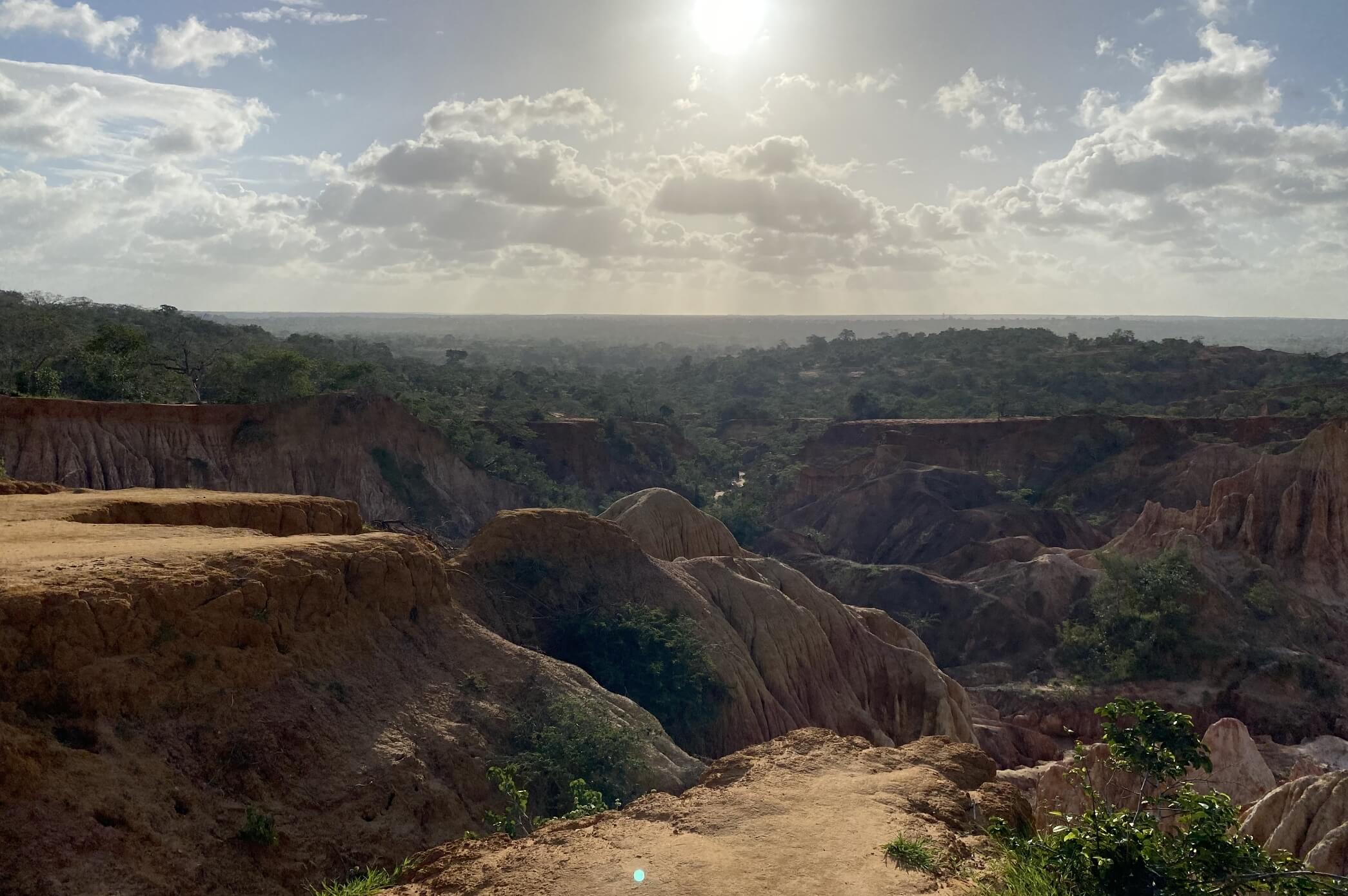Discover Kenya with Us
Explore Kenya’s Rich Landscapes
Our tours highlight the country’s extraordinary wildlife, rich cultural heritage, and breathtaking scenery, offering a comprehensive and unforgettable experience tailored to every traveler’s desires.

Useful Information
Prepare for Your Kenyan Adventure
Essential Tips for a Seamless Travel Experience
Before embarking on your Kenyan adventure, acquaint yourself with important travel details for a hassle-free journey. From required vaccinations and passport necessities to understanding the local climate, language, and currency, being well-prepared ensures a smooth exploration.

Climate
The climate is tropical with temperatures between 24 and 30 degrees.
The wettest season, called the “long rains”, is from April to June, while the season of the “short rains” covers the months of October and November. The hottest season includes the months from January to March, while along the coast temperatures are high even in September and October.

Document and Visas
You need a passport valid for at least six months from the date in which you leave Kenya and at least two free pages for the stamps.
From 1st September 2015, entry visas, which current cost is US $ 51, is obligatory and it will be requested before the departure through an online procedure on the official website www.etakenya.go.ke.

Vaccinations
No mandatory vaccines, but bring personal and common meds like disinfectants, antibiotics, repellent, and sunscreen.
It is always good practice to carry the medicines for personal use and the most common medicines, which are difficult to find on the site, such as intestinal disinfectant, antibiotics, insect repellent and sunscreen.

Language
The official language is Kiswahili, but English is also widespread.
English is the second language but Italian is also very common.

Currency
The local currency is the Kenyan Shilling (KES or KSH) and 1 Euro is equal to about 140 shillings according to daily exchange.
Euros and US dollars printed after 2006 are generally accepted as the major credit card with a variable commission between 5% and 10%.

